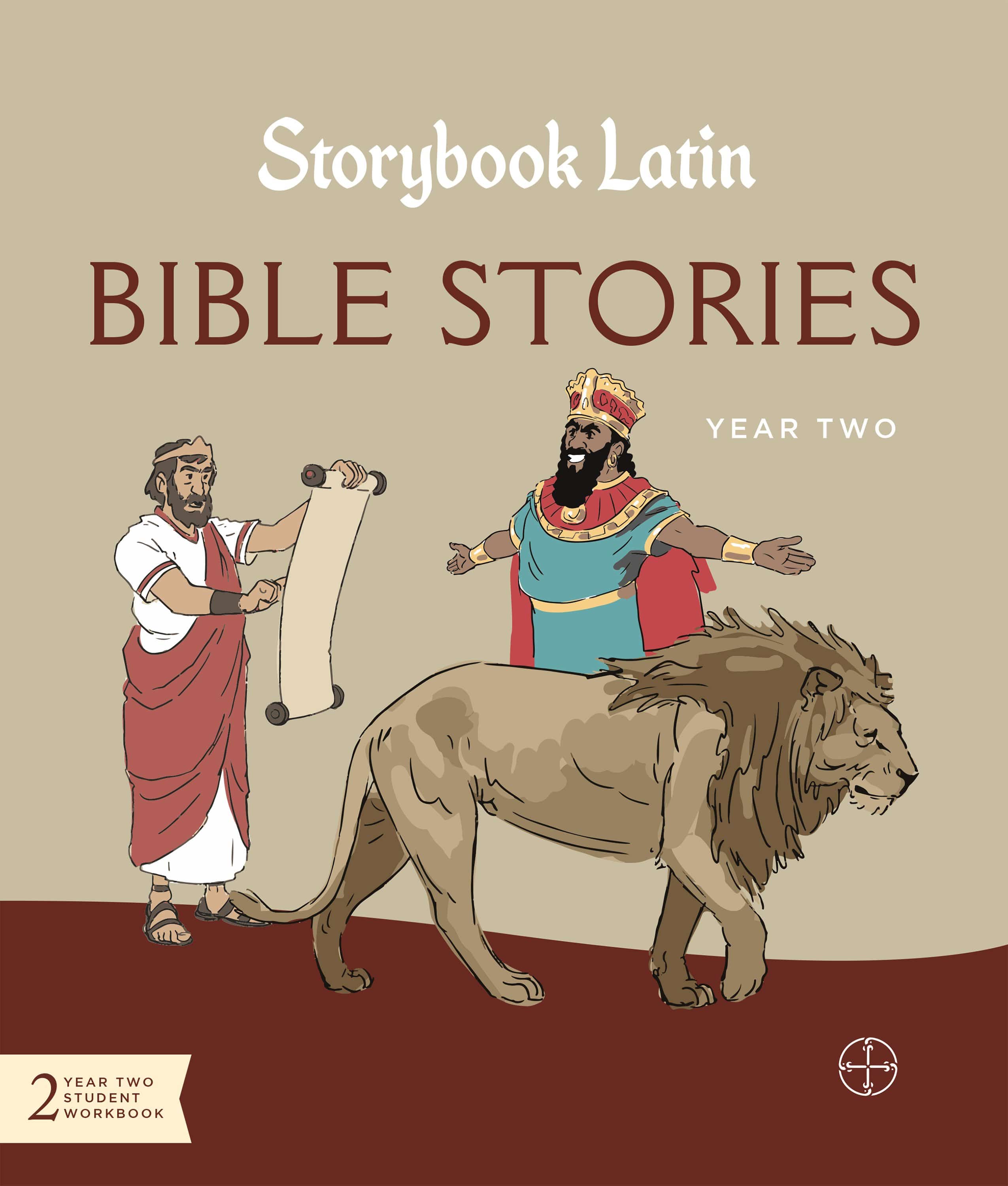-


- Back
- Back
-
Back
Homeschool Bundles
Bible
History
Literature
Math
Latin
Science
Resources
Video
Canon Press Gift Card

Latin through pictures, stories, conversations.
Learn More
Utilizing macaronic sentences, Latin idioms, illustrations that get at the essentials of words, and a glossary for pronunciation, synonyms, and other useful words, the
Orbis Pictus
series provides Latin educators with a tool specifically to introduce Latin vocabulary, regardless of their textbook or philosophy of teaching. The
Orbis Pictus
series helps students pick up vocabulary in the best ways possible:
It …
Utilizing macaronic sentences, Latin idioms, illustrations that get at the essentials of words, and a glossary for pronunciation, synonyms, and other useful words, the
Orbis Pictus
series provides Latin educators with a tool specifically to introduce Latin vocabulary, regardless of their textbook or philosophy of teaching. The
Orbis Pictus
series helps students pick up vocabulary in the best ways possible:
It introduces words topically, which aids the memory.
Each new word is given in the context of a sentence specifically meant to help a student learn the word.
It uses illustrations, which clarify a word's meaning, help with memorizing, and make lessons more interesting.
The Orbis Pictus series is a great help for students learning to read Roman authors, especially when combined with a grammar-centric text. It can be used as a refreshing supplement for any Latin textbook or completely on its own. It has no prerequisites, and could be useful for even the most advanced students of Latin.
This volume covers almost five hundred words on the natural world. This includes not only vocabulary that appears frequently in Latin literature, but also words that have been adopted as technical terms in various scientific disciplines (especially biology). A student who has mastered the material in The Natural World will have also built up basic English and Latin vocabulary in anatomy, botany, and zoology, and will be much better prepared to read classical Roman literature.
"Although Latin has been remarkably stable for over two millennia, there have been significant changes in its vocabulary and word order. It is consequently impossible to choose a perfect general vocabulary or composition style, especially considering the broad goals of this textbook. I have attempted to do what is most useful for a general student of Latin and will doubtless
offend purists in every camp. In regard to word order, even a beginning student of Latin may notice that I do not follow the style of Cicero and other orators that has become accepted as “authentic.” The truth is that authentic Latin is extraordinarily flexible in this regard. I have deliberately taken advantage of this to make my parallel columns in English and Latin as like as possible. Although the style of both the English and Latin is consequently somewhat affected, there is a clear pedagogical advantage to using a similar word order: even the most elementary student may find the English equivalents of the Latin column by reading it as they would an interlinear text.
"Whenever practical I have selected words and spellings used in the classical period. Where synonyms exist, I have chosen what seems most popular in the surviving literature. Because his usage is more precise, I often preferred words found in Pliny the Elder’s Natural Histories to those used by the poets and orators. Additionally, since this book seeks to aid a student’s comprehension of modern technical terminology, I have preferred words later adopted in the scientific community. When absolutely necessary I have used neo-Latin words, which are clearly designated with an asterisk. For teachers who object to my vocabulary choice, I would encourage them to simply change it. I have included a list of possible alternatives in the glossary." -From the Introduction
Timothy Griffith is a fellow of Classical Languages at New Saint Andrews College, and he is the director of the Latin Phaedrus Composition Contest. He received his M.A. in Classical Languages from the University of Kentucky, and is currently pursuing his doctorate in classics with the University of Florida. He and his wife Casey live in Moscow, Idaho with their four children.
PAGE COUNT: 104 pages …
Read moreTimothy Griffith is a fellow of Classical Languages at New Saint Andrews College, and he is the director of the Latin Phaedrus Composition Contest. He received his M.A. in Classical Languages from the University of Kentucky, and is currently pursuing his doctorate in classics with the University of Florida. He and his wife Casey live in Moscow, Idaho with their four children.
PAGE COUNT: 104 pages
SIZE: 8.50x11"
BINDING: Paperback
ISBN 10: 1591281164
ISBN-13: 9781591281160
PUB. DATE: July 31, 2012
Get special deals and discounts by subscribing to our weekly newsletter. Unsubscribe at any time.